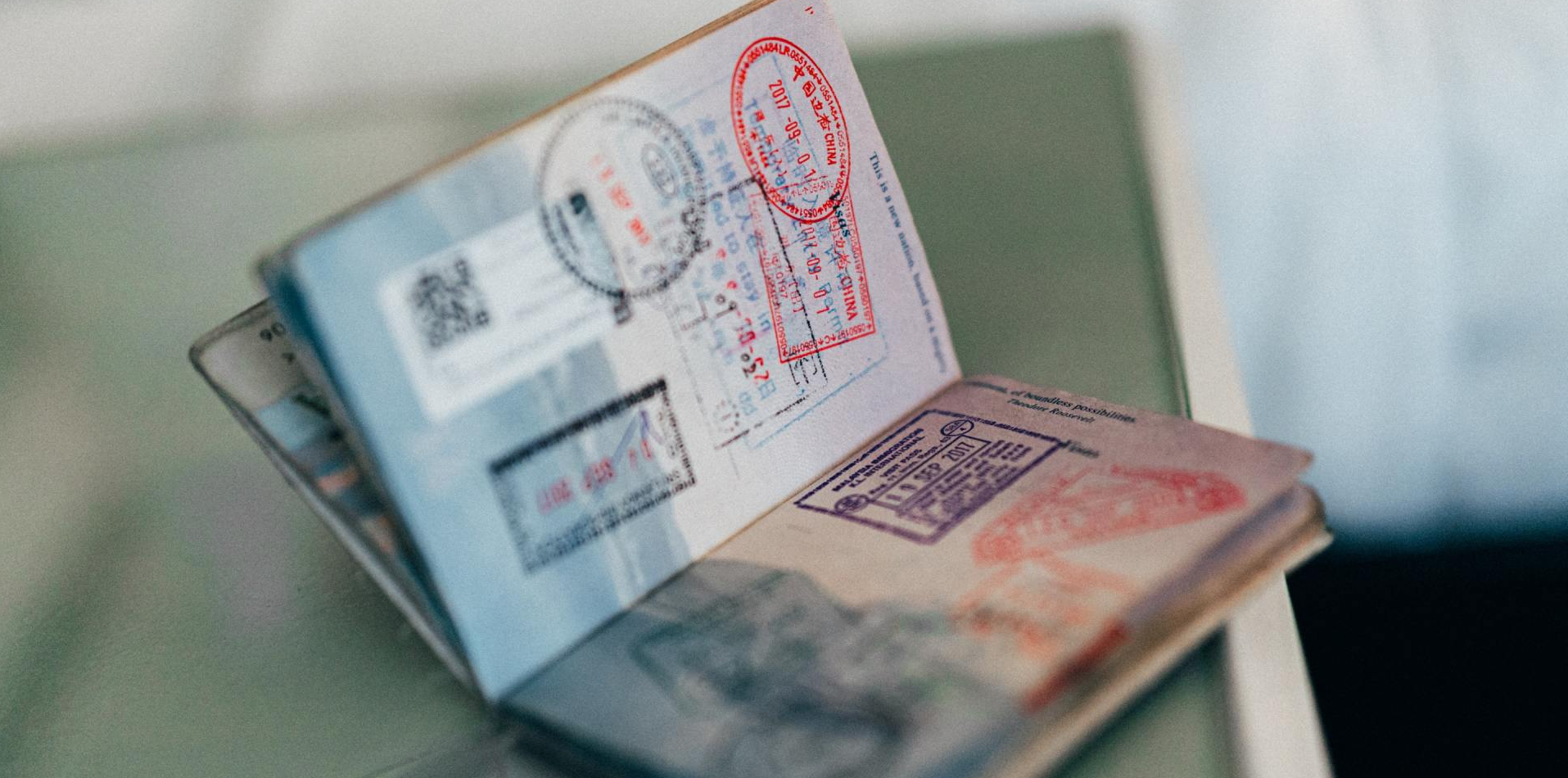¿Qué sucede cuando un solicitante presenta una extensión de estatus y solicitudes subsiguientes?

Click here to read this article in Portuguese and English
Todo el mundo sabe que el gobierno exige que todas y cada una de las solicitudes presentadas se presenten “a tiempo”.
Sin embargo, ¿qué significa exactamente “a tiempo” o “presentación en el tiempo apropiado”? Esta redacción y terminología pueden resultar confusas para muchos solicitantes, ya que no todas las solicitudes tienen una fecha límite de presentación clara y no todas las circunstancias de presentación son uniformes.
A menudo, existe la necesidad de presentar más de una solicitud para un solicitante. A veces, estas solicitudes se presentarán al mismo tiempo, pero otras veces, ocurren circunstancias espontáneas que requieren una segunda presentación o una subsiguiente de una solicitud adicional.
Por ejemplo, un solicitante está aquí en los Estados Unidos con una visa B-2. Estas visas tienen una fecha de vencimiento determinada y, para extender su estatus, debe presentar una solicitud para extender el estatus (Formulario I-539) antes de esa fecha de vencimiento. Digamos que el solicitante presenta “en el tiempo apropiado” (antes de la fecha de vencimiento de su visa actual y el I-94) su I-539, solicitud de extensión de estatus. Sin embargo, aproximadamente un mes después, después de que su visa B-2 y I-94 hayan expirado y mientras la solicitud de extensión aún está pendiente, tiene una nueva oportunidad y decide presentar una petición I-129, para una visa E-2. Además, tiene que presentar una solicitud I-539 adicional para cambiar de estatus porque ahora cambiará de su estatus B-2 actual a su nuevo estatus E-2, una vez que se apruebe la visa E-2.
*Nota: la solicitud de extensión de estatus (EOS) y cambio de estatus (COS) son el mismo formulario, I-539*
Ahora, el solicitante hipotético tiene tres (3) solicitudes pendientes con USCIS, dos de las cuales se presentaron después de que expiró su estado actual. ¿Aceptará USCIS estas solicitudes, ya que no se presentaron "en el tiempo apropiado"?
La respuesta es que una solicitud pendiente
no confiere un estatus migratorio legal al solicitante. Sin embargo, debido a la solicitud I-539 pendiente que se presentó oportunamente antes del vencimiento del I-94, el solicitante se encuentra en un "período autorizado de estadía" y puede permanecer en los Estados Unidos hasta que se adjudique su solicitud.
*Tenga en cuenta la diferencia entre "estatus legal" y "período de estadía autorizado", uno solo obtiene "estatus legal" una vez que se le ha otorgado un beneficio de inmigración (es decir, una vez que su solicitud ha sido aprobada). *
Un solicitante puede presentar una solicitud adicional después de la expiración de su estatus de no inmigrante mientras la solicitud EOS o COS presentada en el tiempo apropiado del solicitante está pendiente. En tales casos, el oficial debe diferir la adjudicación de la solicitud adicional hasta que USCIS adjudique la solicitud EOS o COS. Si USCIS finalmente aprueba la solicitud EOS o COS, se considera que el solicitante tiene un estatus migratorio legal en la fecha en que se presenta la solicitud adicional. Si USCIS niega la solicitud de EOS o COS, entonces generalmente se considera que el solicitante se encuentra en un estado de inmigración ilegal a partir de la expiración del estado actual de no inmigrante del solicitante y, de la misma manera, en la fecha en que se presenta la solicitud de ajuste.
Básicamente, USCIS adjudicará primero la solicitud de extensión y pospondrá la adjudicación de las solicitudes posteriores, ya que no se "presentaron en el tiempo apropiado". No será hasta que se tome una decisión sobre la solicitud de extensión, que USCIS determinará si puede seguir adelante con la adjudicación de las solicitudes posteriores.
Este blog no pretende ser un consejo legal y nada aquí debe interpretarse como el establecimiento de una relación abogado-cliente. Programe una consulta con un abogado de inmigración antes de actuar sobre cualquier información que lea aquí.






